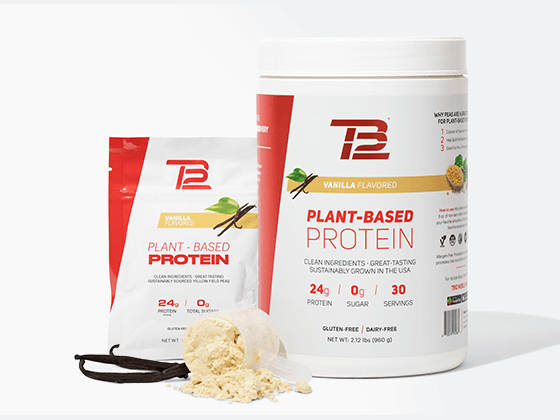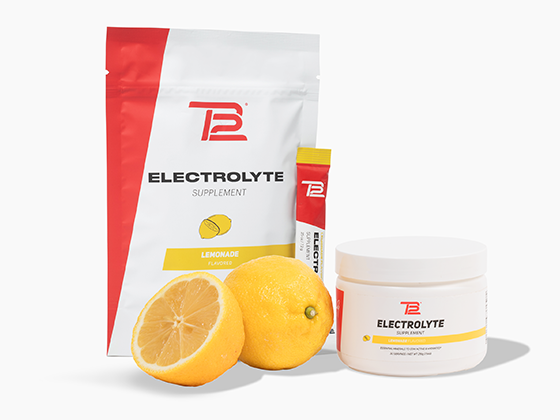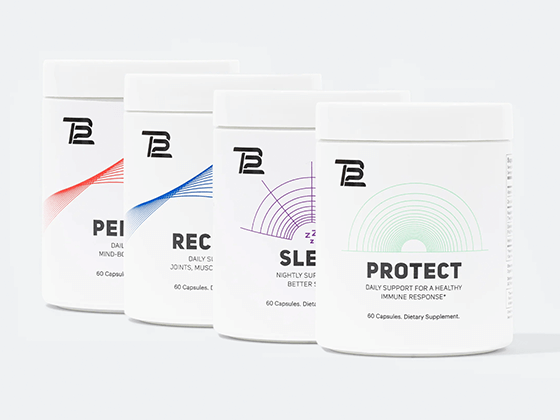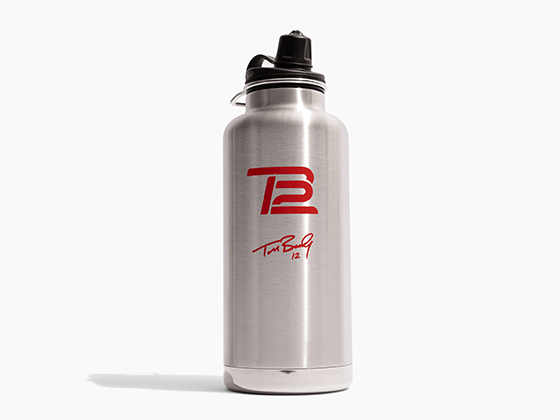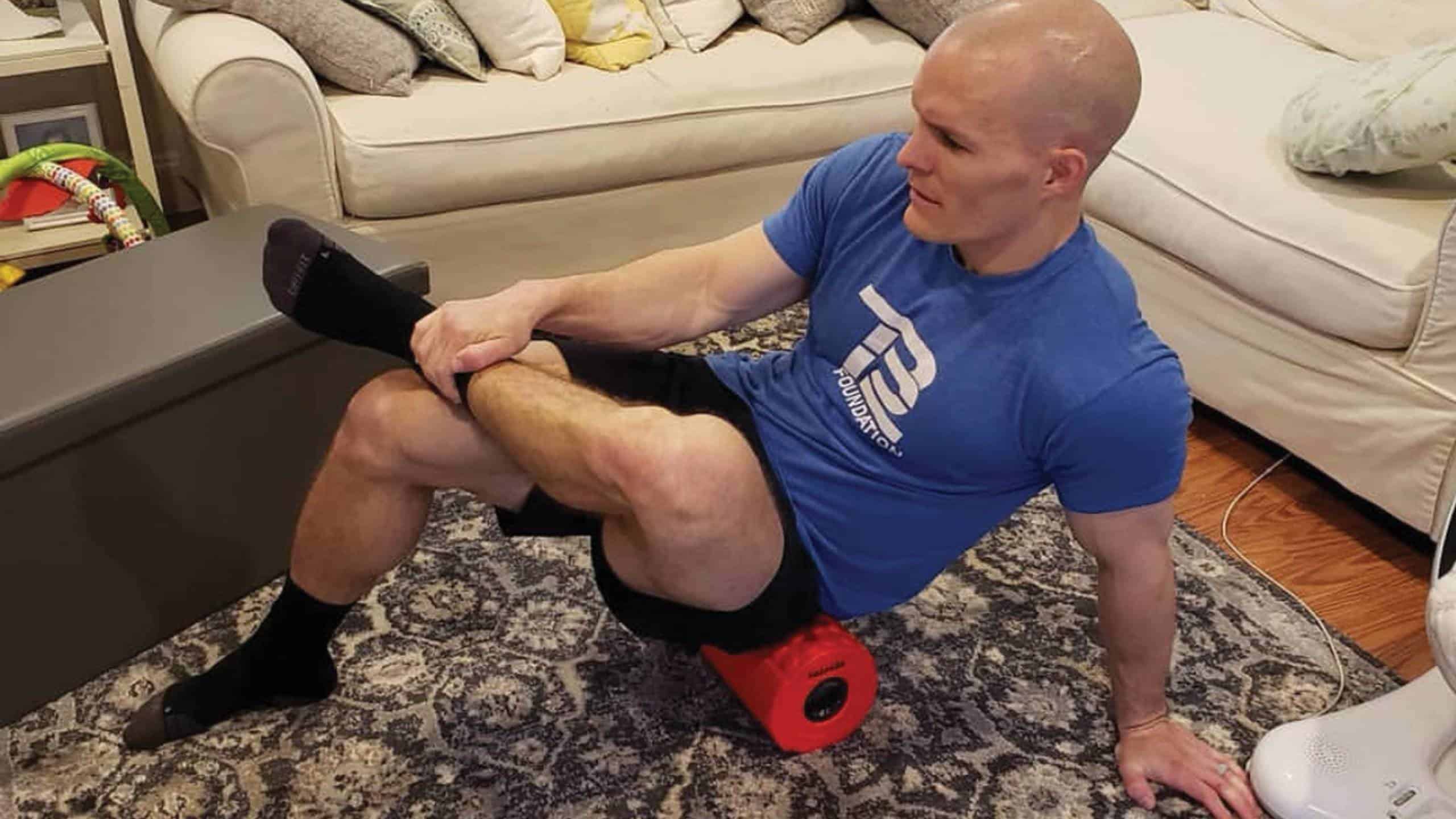RECOVERY IS AN essential part of the TB12 lifestyle. When you put as much focus and energy on rest and recovery as you do your training, your performance will reflect it. But recovery isn't just resting; it's a multifaceted and active process that starts before your workout even begins.
Prepare with Pliability: This is where muscle pliability comes in. By doing pre-workout muscle pliability work, you're signaling to your body that it’s time to start moving. Pliability work does several important things: It sends oxygen-rich blood straight to your muscles. This oxygen-rich blood brings your muscles essential nutrients that they need to function and repair themselves. The forces of the pliability work relax your muscles and break up knots. This structural change increases your joints' range of motion. These changes reduce your risk of injury, increase your muscles' efficiency, and speed up your recovery after your workout. Once your training or competition ends, post-workout muscle pliability will begin to reduce inflammation, or lactic acid buildup in your muscles, which will alleviate tightness and soreness. This keeps you ready to go.
Refuel Right: In order to recover properly, you must refuel properly too. The foods you eat, both before and after your workout, play a significant role in recovery. Eating a balanced diet filled with plenty of fruits, vegetables, and lean meats will provide the nutrients your body needs to promote proper muscle growth and repair. You can also focus on foods with anti-inflammatory properties like green leafy vegetables (spinach and kale), nuts (almonds and walnuts), and fatty fish (salmon and tuna). Water also significantly improves your body's recovery process in two ways: It helps you digest necessary nutrients from your diet. It helps your body to function more efficiently overall. If you are not replenishing your body with water and electrolytes, you can become dehydrated. Dehydration decreases your body's blood volume, making your heart work harder to supply blood throughout your body. This decrease in blood flow can cause muscle tightening, physical fatigue, and even mental fatigue. Rehydrating with electrolyte-enriched water replenishes the liquids and nutrients that your body loses when you sweat so that your body can get back to functioning at its peak. Missing out on sleep means missing out on muscle repair.
Active Recovery: Instead of telling our clients to simply rest on the days between high-intensity workouts, we emphasize the importance of active recovery. By engaging in lower-intensity resistance band and bodyweight exercises, you can accelerate the recovery process by promoting enhanced blood flow throughout your body. Exercises like glute bridges, front planks, lateral band walks, and bodyweight squats are some of our favorite ways to get moving to promote recovery without putting too much strain on the body. When used together on active recovery days, pliability work using a TB12 vibrating pliability device and our functional strength & and conditioning exercises are the perfect way to stay active without slowing down the natural recovery processes that are happening inside your body.
The Importance of Rest: The difference between rest and recovery: Recovery is an active process, and rest is passive. However, rest is just as important to your recovery as active pliability and refueling. When your body is asleep, it goes through several processes that strengthen and repair muscle tissues throughout your body. Missing out on sleep means missing out on muscle repair. In addition, not getting enough good sleep can increase your stress levels. This can can make you more likely to lose your drive and your focus. This is why getting enough sleep is a pivotal aspect in maintaining your physical and mental performance over the long haul. Recovery isn't easy, but it's essential. Rest and recovery isn't easy — especially if you think to yourself that "Every time I rest, my competition is training." But recovery is part of your training. Just like your workouts, it takes time and effort to rest your body properly, and doing so has significant physical and cognitive benefits. So whenever you are thinking about your training regime, remember to take the time to recover.

